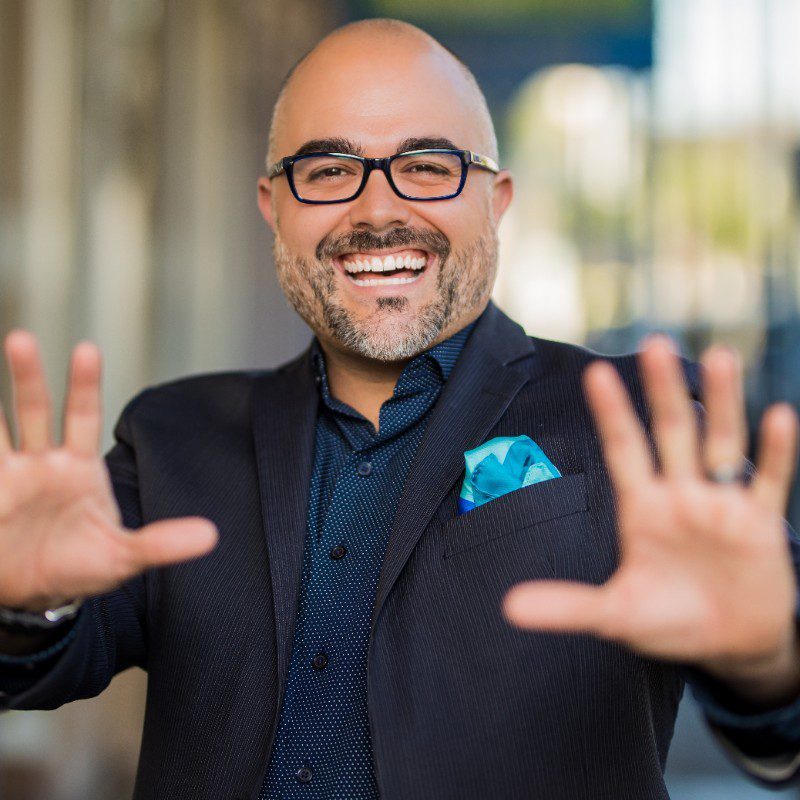Can I Recover From Burnout?
Burnout is a serious issue that affects many people, both at home and in the workplace. It can lead to physical and emotional exhaustion, as well as a feeling of disconnection from your job or life circumstances. The good news is that it is possible to recover from burnout. With the right strategies and support, you can learn how to manage stress more effectively and take better care of yourself.
The first step towards recovery involves recognizing when you are becoming overwhelmed with stress or feeling burned out. If you start to experience feelings of fatigue, apathy, or hopelessness, then it’s time to take action before the symptoms worsen. Prioritizing Self-Care activities such as relaxation techniques and regular exercise will help you build Resilience against future episodes of burnout. Once you’ve recognized the symptoms of burnout, you can start to take positive steps to recover. For example, it might be time to invest in a hobby or activity that helps you relax, such as a few hours of yoga each week or going on a long walk in the park.
How To Recover From Burnout While Still Working
Burnout is a state of physical, emotional, and mental exhaustion caused by excessive and prolonged stress. It can affect even the most motivated individuals and can lead to feeling overwhelmed, unmotivated, stuck in a rut, anxious, or depressed. Recovering from burnout while still working is possible with a few simple lifestyle changes.
To start the recovery process, it’s important to create boundaries between work life and home life. This might mean setting specific times for when you will not check emails or take calls outside of office hours. It could also include taking regular breaks during the day to step away from your desk and practice relaxation techniques such as deep breathing exercises or meditation. In addition to setting boundaries, it’s essential to make time for Self-Care activities that bring joy into your life such as going for walks in nature or engaging in hobbies you enjoy like painting or reading.
How To Find Harmony In Your Work Days
Finding harmony between your career and personal life can be difficult. However, it is an essential part of living a healthy lifestyle and finding fulfillment in both areas. The key to achieving this harmony is to create boundaries that help you prioritize the activities that are important to you. s, et
Jeff Bezos (like me) doesn’t like the phrase “work-life balance”. Work and life are a circle. We are one being. The person that works is the same person that lives somewhere, eats, sleeps, etc. Bezos said, “If I’m happy at work, I’m better at home – a better husband and better father. And if I’m happy at home, I come into work more energized – a better employee and better colleague.”
Start by taking stock of your current work-life harmony. Identify which aspects of your job are causing stress, and come up with solutions that can help alleviate it. Consider asking for flexible working hours or a reduced workload if needed. Additionally, planning ahead will help minimize last-minute scrambles and give you more time for other activities outside of work.
Next, focus on making time for yourself outside of the office. Schedule regular breaks throughout the day or take some days off to rest and recharge when necessary.
Finding harmony between your professional and personal life can be difficult. It is important to find this harmony in order to maintain a healthy lifestyle and be productive in both aspects of your life.
Set realistic goals for yourself that involve both work and personal time. This will give you something to strive towards while also helping ensure that you’re not overworking yourself or neglecting other areas of your life. Secondly, it’s important to make sure that you take regular breaks throughout the day, even if they are short ones. Taking these breaks allows your brain to relax and process information more effectively which can lead to better productivity when working on tasks. Finally, be sure not to bring work home with you too often as this can cause stress and anxiety levels to rise to lead to an unhealthy lifestyle overall.
How Long Does It Take To Recover From Burnout?
Burnout can have serious repercussions on both an individual’s health and performance in their professional or personal life. So, naturally recovering from burnout is an important step to take.
The amount of time it takes to recover from burnout depends on the severity of the condition and how quickly individuals are able to identify it. Generally speaking though, some people may begin to feel better within a few weeks while others may need up to three months or more before they start feeling like themselves again.
If you’re suffering from burnout then setting realistic goals for yourself and taking small steps toward achieving them can greatly help your recovery process. Taking regular breaks throughout the day and prioritizing your Self-Care will also make a huge difference in getting back on track faster.
What Does Burnout Recovery Look Like?
Burnout recovery is an important concept for anyone who has been feeling uninspired and exhausted in their work or personal life. Burnout can cause a person to feel helpless, overwhelmed, and unmotivated – all of which are detrimental to mental well-being and productivity. Thankfully, there are ways to manage burnout and get back on track.
A key step in burnout recovery is to identify the source of the problem. This could be anything from prolonged stress or overworking, lack of harmony between personal and professional life, too many commitments, or unhealthy coping mechanisms. Once you have identified the underlying issue(s) it’s time to focus on building Resilience. Resilience helps us become equipped with the skills needed to manage our stress levels so that we don’t fall into a state of burnout again.
The key to successful recovery is establishing healthy habits that promote a life that flows.
Establishing a consistent sleep schedule can help reduce stress levels and make it easier to manage workloads. Taking regular breaks throughout the day also gives people a chance to pause and relax away from work tasks. Eating nutritious meals on a regular basis can help keep energy levels up throughout the day, allowing for more focus and productivity during working hours as well as better overall health. Regular exercise has been shown to have both psychological and physiological benefits; it releases endorphins which improve moods while also providing an outlet for frustrations or worries that may be causing stress or anxiety levels to increase.
Why Burnout Is Dangerous
Because burnout is a state of physical, mental, and emotional exhaustion it can have dangerous effects if left untreated. It is typically the result of prolonged stress or overwork and can affect anyone who experiences it in different ways. Burnout can cause physical symptoms like headaches, chest pains, and stomach disturbances, as well as mental health issues like depression, anxiety, and insomnia. In extreme cases, burnout has been linked to an increased risk of heart disease and other serious conditions.
It’s important to recognize the signs of burnout early on in order to prevent further damage down the road. I didn’t address my burnout, and it nearly killed me. Common signs may include feeling overwhelmed or unable to cope with day-to-day tasks; loss of interest in activities you used to enjoy; decreased productivity; reduced energy levels; mood swings; difficulty concentrating; withdrawal from friends and family; poor eating habits; substance abuse or heightened irritability.
Recovery From Burnout Plan
Again, burnout is a state of mental, physical, and emotional exhaustion caused by prolonged stress. It can happen when we are overworked or feel overwhelmed in our day-to-day lives. To help recover from burnout, there is no one-size-fits-all plan. Everyone recovers differently and it’s important to take the time to listen to your body and mind in order to determine which activities will be most beneficial for you.
Your recovery plan should include plans to lower your stress levels by reducing the number of commitments you have taken on. Prioritize what needs immediate attention and flexibly adjust your schedule depending on how you are feeling each day. Identify a list of stressors that currently exist in your life, and come up with a plan to address them.
Originally Published on https://www.breakfastleadership.com/




























Already a Member? Login Here.
Not Yet a Member? Join the Conversation Today!